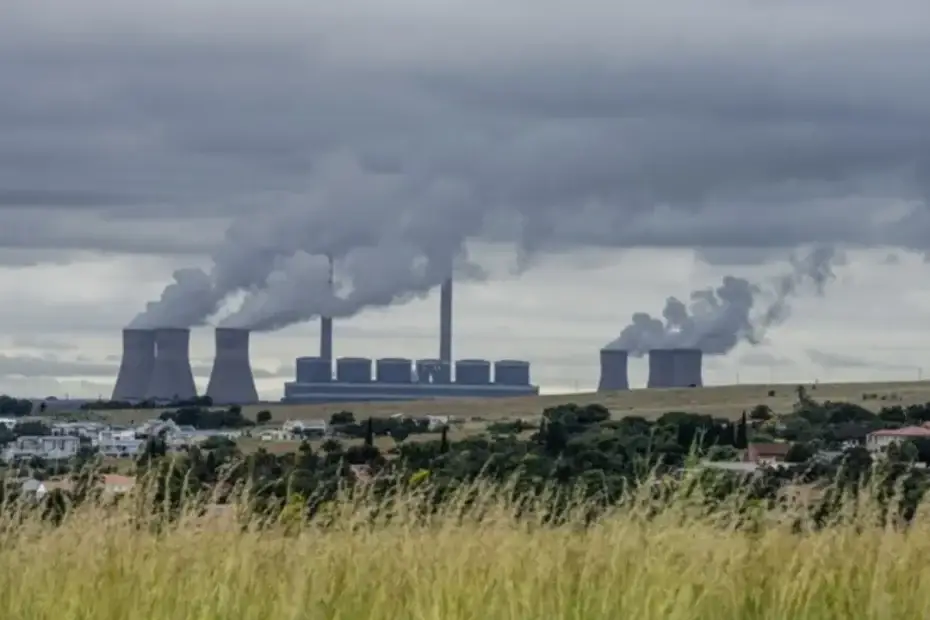Communities in Phola and Carolina, Mpumalanga, are grappling with the severe consequences of coal mining pollution, particularly in the Highveld region, long plagued by environmental degradation and health issues.
At the launch of a new report titled Systems Change for a Just Transition on 15 April, Ronesa Mtshweni from Amandla Community Development in Carolina highlighted the persistent issue of water contamination. She said residents are forced to live with polluted water sources, significantly impacting their health and wellbeing.
Published by environmental justice group groundWork, the report outlines the devastating effects of coal mining in the region. Residents living near mines spoke of acid mine drainage and chronic health conditions caused by air and water pollution. The report stresses that coal mining is “extremely destructive of the environment” and has “seriously impacted on the health of residents of the Highveld”.
The scale of acid mine drainage is described as “immense,” particularly in the Upper Olifants River catchment, centred around eMalahleni (Witbank). Polluted acidic water from both active and abandoned mines, along with seepage from coal dumps, has contaminated soil and groundwater across the region.
In 2012, Carolina residents were warned not to drink municipal tap water due to high acidity levels. Legal action by Lawyers for Human Rights and the Legal Resources Centre led to a court ruling compelling the municipality to provide clean drinking water. However, Mtshweni says that more than a decade later, the water remains unsafe. “Many mines have not been rehabilitated, leading to land degradation. Livestock have died, and even vehicles fall into the open pits. The government is doing nothing about it,” she said.
Mpumalanga is home to 12 of Eskom’s 15 coal-fired power stations, over 200 active coal mines, and countless abandoned ones. Sasol’s Secunda plant is also cited in the report as the world’s largest single-point emitter of carbon dioxide.
The groundWork report says an “ecological debt” is owed to communities on the Highveld. “Breathing is not a choice. The atmosphere is a common good, and by polluting it, industry has enclosed it,” the report states.
A study conducted for the Life After Coal campaign found that Phola residents suffer from chronic illnesses including high blood pressure, respiratory conditions such as asthma and bronchitis, and eye and skin problems—all of which have worsened since the arrival of coal mining in the area.
Ntombi Ndaba from the Phola Environmental Justice Community echoed these concerns: “People started getting eye issues, kidney and skin problems, and these conditions coincided with the onset of mining in our community.”
Ndaba also pointed to structural damage caused by rock blasting and the ongoing threat of sinkholes. “Blasting causes severe dust pollution. Dust is a big issue,” she said.
Previous reports by GroundUp have similarly documented residents’ complaints of blasting damage and large dust clouds caused by nearby mining activity.
The report concludes with a call for a just transition to clean energy, one that includes stronger community voices, greater civil society participation, and sustainable solutions that address the longstanding environmental injustice in the region.



